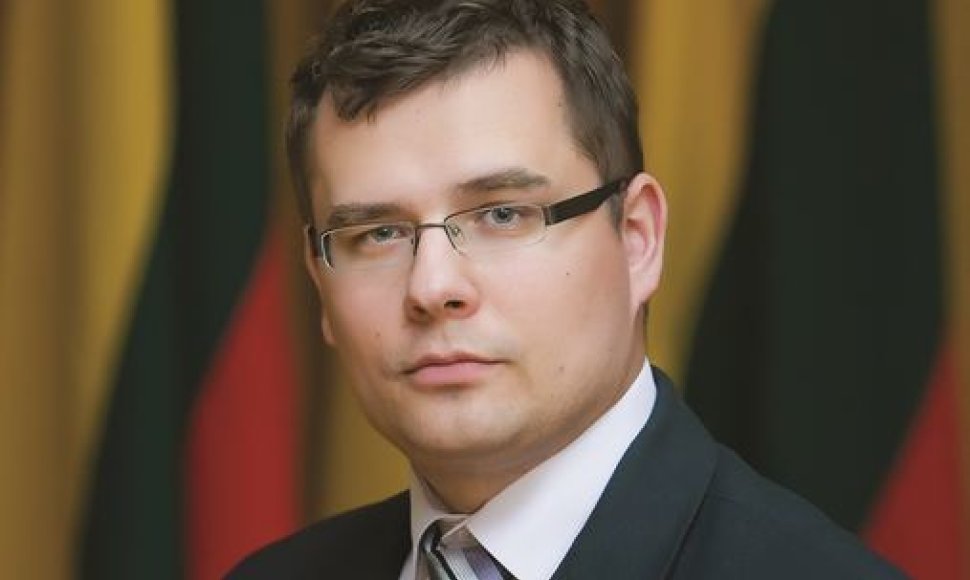"To a large extent, it is to do with politics or geopolitics, taking into account the fact that we are getting closer to the Vilnius Summit, led by Lithuania in this context, during which Eastern neighbors will have to end their multi-vectoral politics and choose either the Eurasian Union or the economic space with the EU," the expert from the Eastern Europe Studies Center told BNS on Monday.
In his words, Russia's actions might also be seen as the protection of local producers as Russia typically responds to crises by protecting its internal market and eliminating foreign products.
"I think those things are going together but I would, nevertheless, highlight the political one as our dairy market is not that big to be able to significantly affect the market redistribution," Kasčiūnas said.
In his opinion, the fact that Russia is politicizing might be reflected by the paradox that the quality of Lithuanian dairy products complies with European standards but not Russian ones.
Russia might also want businessmen to put pressure on the Lithuanian government to change its foreign policy, Kasčiūnas believes.
"Russia is trying to create a situation in which somebody would start thinking that "the government is waging geopolitical wars somewhere oversees, let's say, instead of taking care of the positions of our business." We cannot engage in self-criticism, we cannot sacrifice independent geopolitical decisions and visions for somebody else's traps for us. That's the key red line," the political scientist said.
He was also reserved about any active measures to influence Russia's behavior.
"Perhaps certain tension will be retained for a while and then it will be removed, and we just need to understand that this is not the first time and not the last one," he said.
According to Kasčiūnas, it is possible to act on the business and political level and also raise the issue with international organizations, although, he added, the possibility of WTO sanctions in this case is only theoretical.
"The WTO has the biggest influence on countries during their accession. Once they become members, there are few sanctions and mechanisms, they do exists but are more theoretical for any sanctions or fines to be applied," the expert said.












